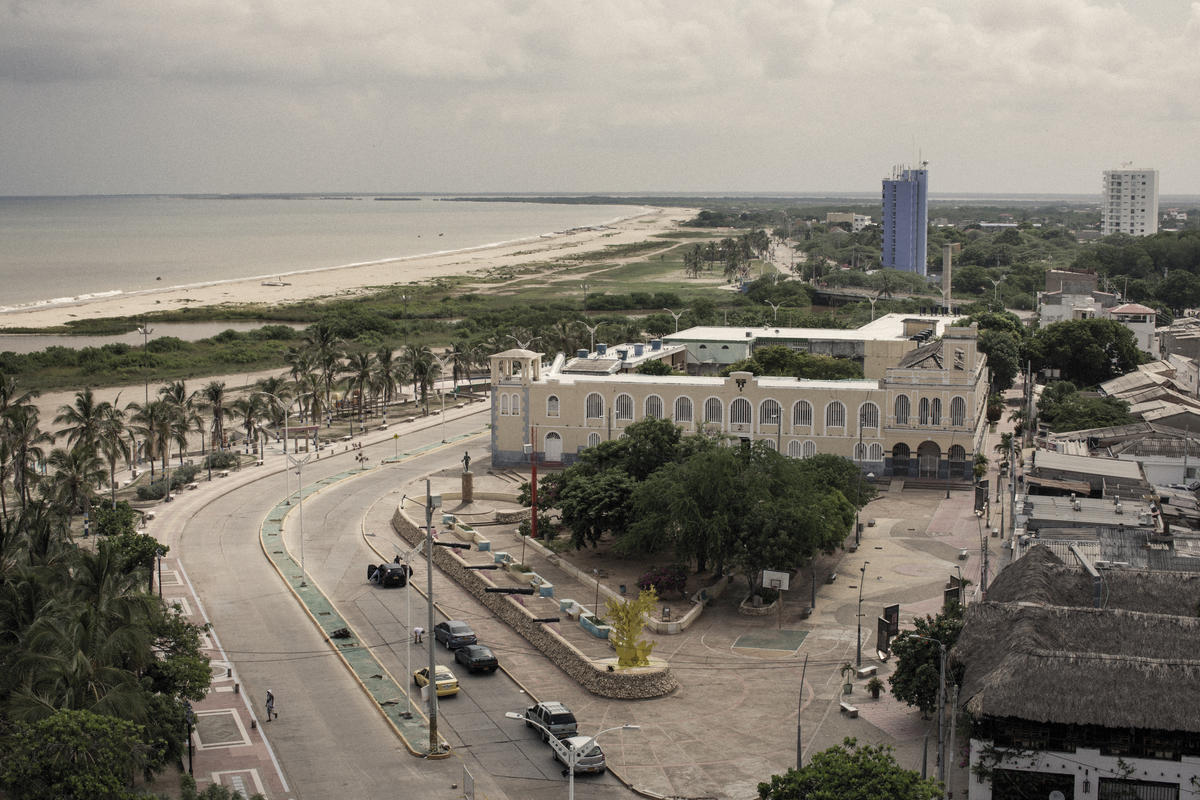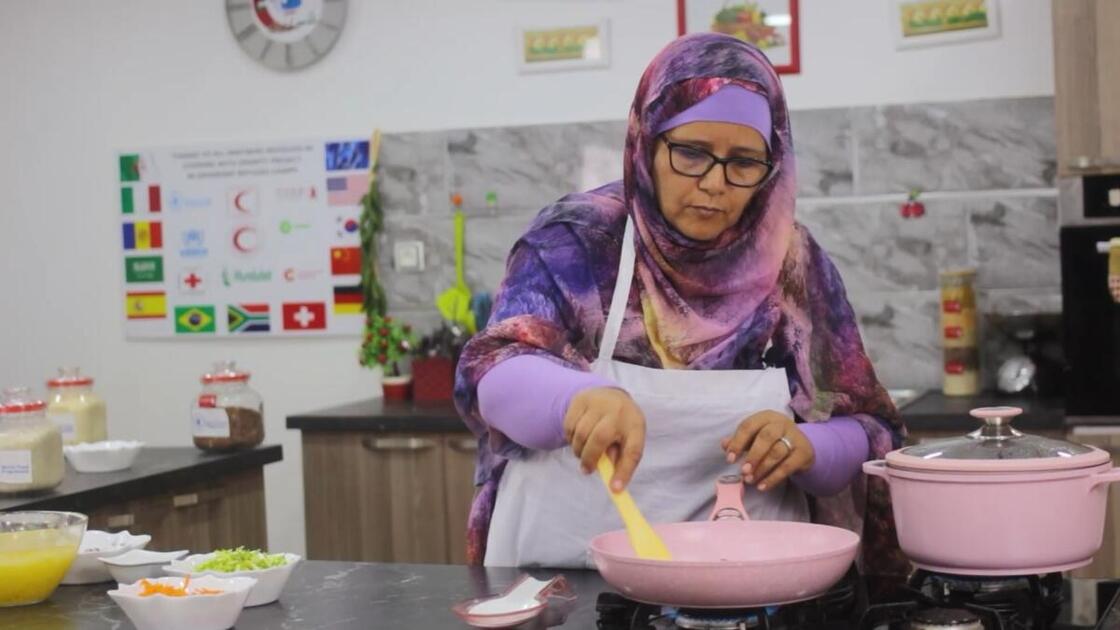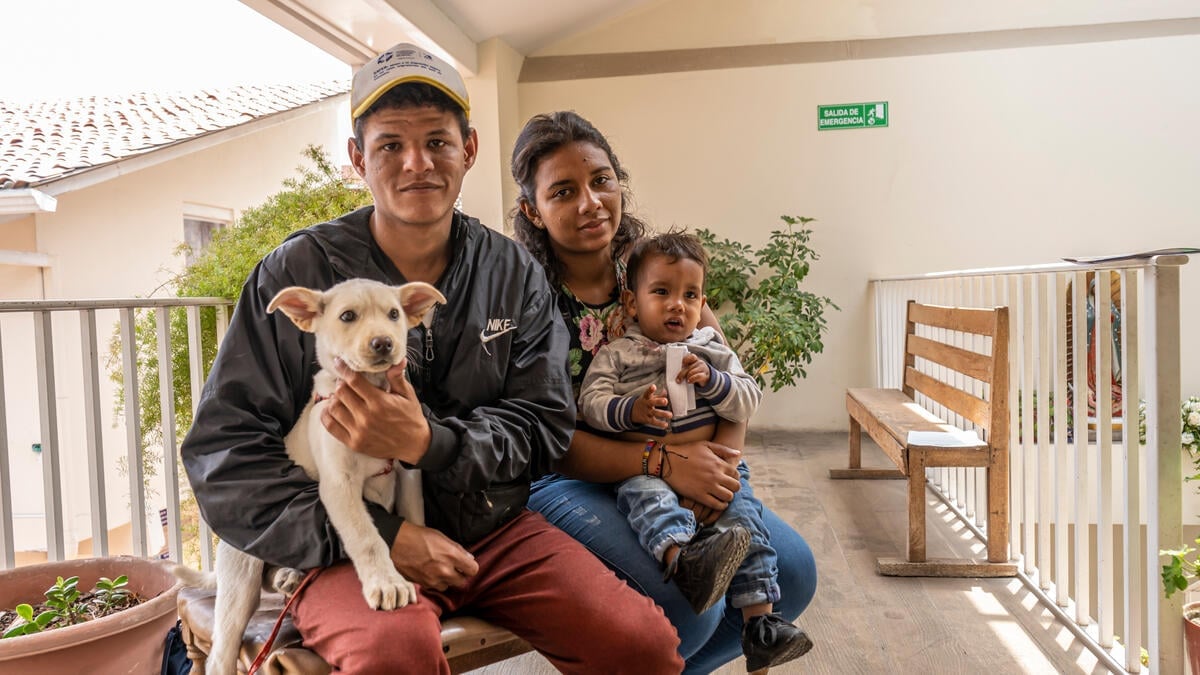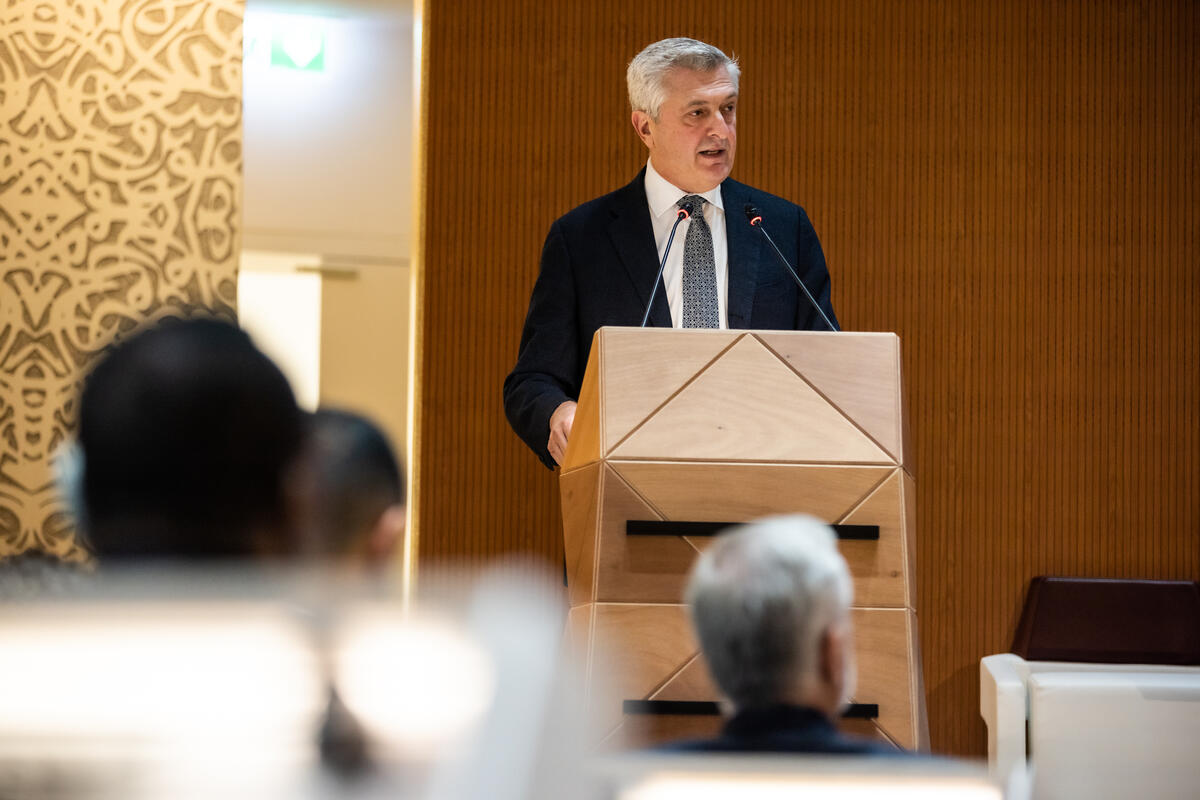As COVID-19 pandemic roils Latin America, Venezuelans face wave of evictions

As COVID-19 pandemic roils Latin America, Venezuelans face wave of evictions
In Riohacha, a city on Colombia´s north-eastern coast, Venezuelan Dulce María Ballejos* was able to work and, eventually, rented a room.
But then came the coronavirus pandemic, which cost her first her job and then her home, forcing Dulce María, her sister and their five children onto the streets.
“We thought that here, our kids could have a better life, but the pandemic has made everything so difficult,” said the 29-year-old domestic worker who fled insecurity and persecution, along with food shortages and rampant inflation, in her native Venezuela.
“It’s just as hard here as it was there. We find ourselves in the same situation,” added the mother of three children, ages two, four and six.
Situations like hers are distressingly common throughout Latin America – which continues to be among the globe’s main coronavirus hotspots.
Months-long stay-at-home measures aimed at curbing the coronavirus’ spread have taken a particularly hard toll on the more than four million Venezuelan refugees and migrants like Dulce María who have sought safety throughout the region, and who for the majority manage to eke out a meagre living in the informal economy.
“We were sleeping on the ground, or, if we were lucky, on a park bench.”
Now deprived of any way of making money, untold numbers of Venezuelan refugees and migrants are struggling to keep a roof over their heads.
After strict stay-at-home measures went into effect in Riohacha in late March, Dulce María lost her job, and the family soon found themselves unable to make their US$75 monthly rent payment. After they fell two months behind, they were evicted.
With nowhere to go, the family found themselves some place they had never imagined – on the street.
“We were sleeping on the ground, or, if we were lucky, on a park bench,” recalled Dulce María, who hails from Venezuela’s northern industrial hub of Valencia. “There were days when my children didn’t eat, and others when we weren’t able to bathe.”
The harsh conditions took a heavy toll on her children – particularly on the two-year-old, whose asthma flared up, ultimately landing him in the hospital.
There, Dulce María received help from UNHCR, the UN Refugee Agency, which first put the family up in a hotel for a month and then provided them with emergency rental assistance that allowed them to move temporarily into an apartment.
Across Latin America, UNHCR has responded to the added hardships caused by the pandemic by providing the most vulnerable refugees and migrants with temporary accommodations and rent vouchers, as well as legal aid to fight eviction orders.
“They told me, ‘we’re sorry but you have to go.’”
Governments throughout the region have put in place temporary bans on forced evictions amid the pandemic. But some of these regulations either have already expired or are slated to in the coming weeks, raising concerns over a spike in evictions.
Where such measures remain on the books, they are not always enforced, with many landlords simply throwing tenants who are behind on the rent out onto the streets – where keeping safe from the coronavirus is that much more difficult.
The issue is region-wide. Eduardo García, a 31-year-old administrative assistant also from the Venezuelan city of Valencia, had scraped together a living as street vendor in the Ecuadorian capital, Quito.
But after falling four months behind on his rent during lockdown, he was tossed out of his apartment despite a freeze on forced evictions in the country that remains in effect through mid-November.
“They told me, ‘we also need the money, so you either find a way of paying or we’re sorry but you have to go,’” he recalled, adding that he understood his landlords were also in a tight spot. “I put myself in their shoes, because they depend on the money, too.”
Eduardo, who is HIV-positive, managed to stay off the street after he found a spot in a temporary shelter supported by UNHCR and then received rental assistance from HIAS, a UNHCR partner organization. But for him, like so many other Venezuelan refugees and migrants in similar situations, the spectre of homelessness continues to loom large.
The rental assistance that Dulce María received after the two weeks she and her family spent on the streets has run out, and now they are once again living in fear of homelessness.
“Now, we’re almost in the same situation again,” she said. “With the illness, things have gotten very hard here.”
*Name has been changed for protection reasons.









